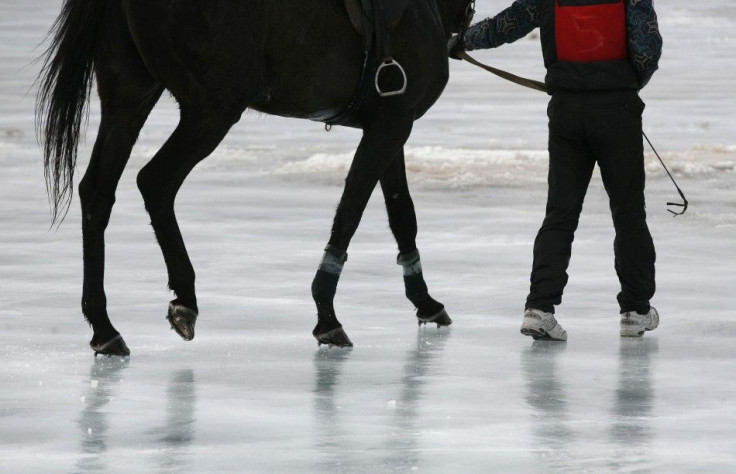ALERT: Hendra Virus Emerges in Queensland, Sickened Horse Put Down, Signs to Watch Out For

Horse owners in Australia are being advised as the first case of the bat-borne Hendra virus had emerged in Bundaberg, Queensland. The afflicted horse has been put down.
Reports said the animal located on a property about 25 kilometres outside Bundaberg fell ill during the weekend. It was immediately put down on Monday. Test results obtained on Wednesday night confirmed the horse got afflicted with the bat-borne virus.
However, at least four people were believed to have been exposed to the infected horse.
Dr Rick Symons, Queensland's chief veterinary officer, could not confirm if those people had taken all precautionary measures in attending to the sick horse.
Dr Symons likewise said another horse still lives on the property.
"There is one other horse on the property. Tracing and risk assessments are being undertaken on any animals that may have had contact with the infected horse to work out if further testing needs to be done," he said.
"The property has been quarantined which means restrictions apply to moving horses and horse materials on and off the property. The quarantine will be in place for at least one month."
The bat-borne Hendra virus can transmit from flying foxes to horses, horses to horses and, from horses to people, although the latter rarely happens.
But in case it does, health authorities advised people to watch out for the following symptoms if they believed they contracted the virus: fever, cough, sore throat, headache and tiredness.
Horses sickened with the Hendra virus meantime may show fever, increased heart rate, restlessness, breathing difficulty, uncoordinated gait and muscle twitching, among others.
"Vaccination is the single most effective way of reducing the risk of Hendra virus infection in horses. It is recommended that horse owners speak to their veterinarian about vaccinating their horses," Dr Symons said.
"If a horse becomes sick, owners should contact their veterinarian immediately. People in contact with horses need to remember to continue to practice good biosecurity and personal hygiene measures even if a horse is vaccinated against Hendra virus."





















